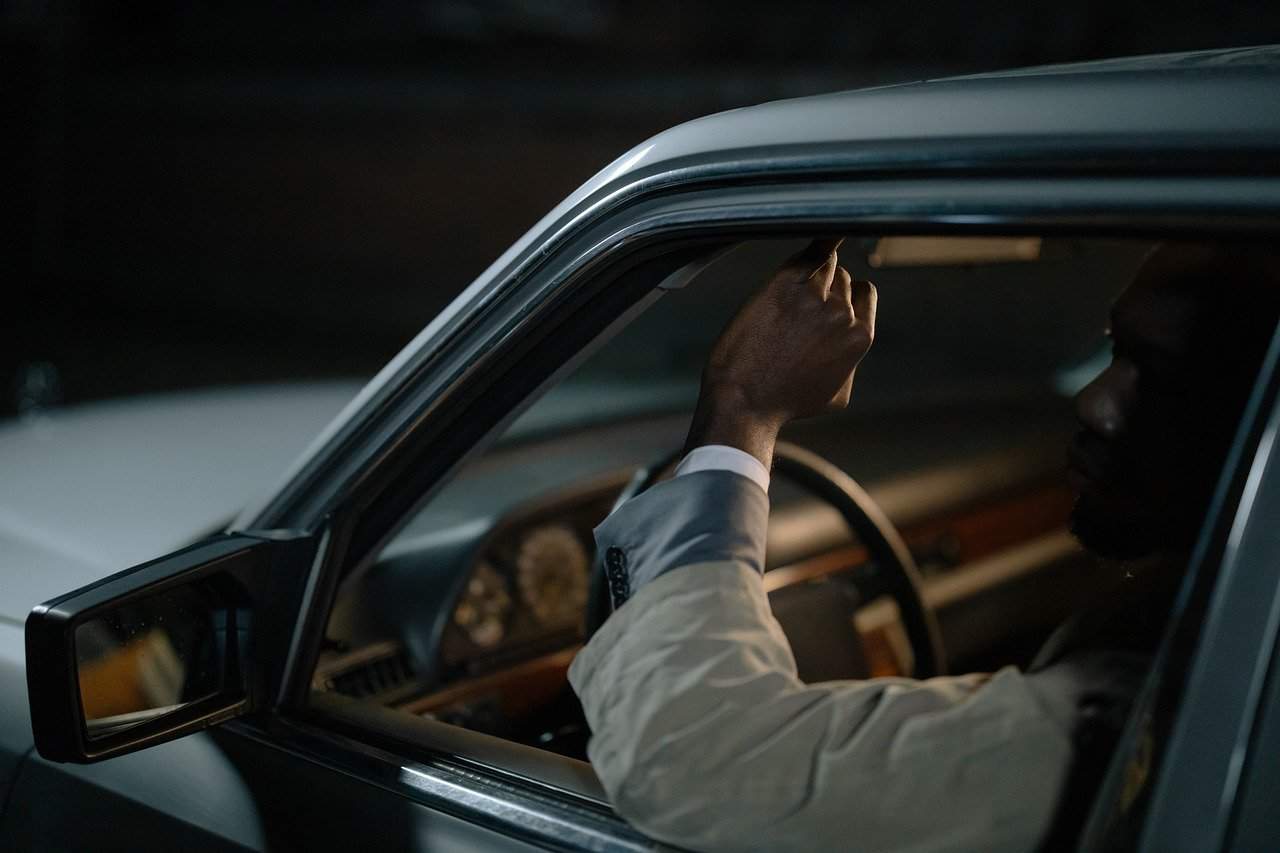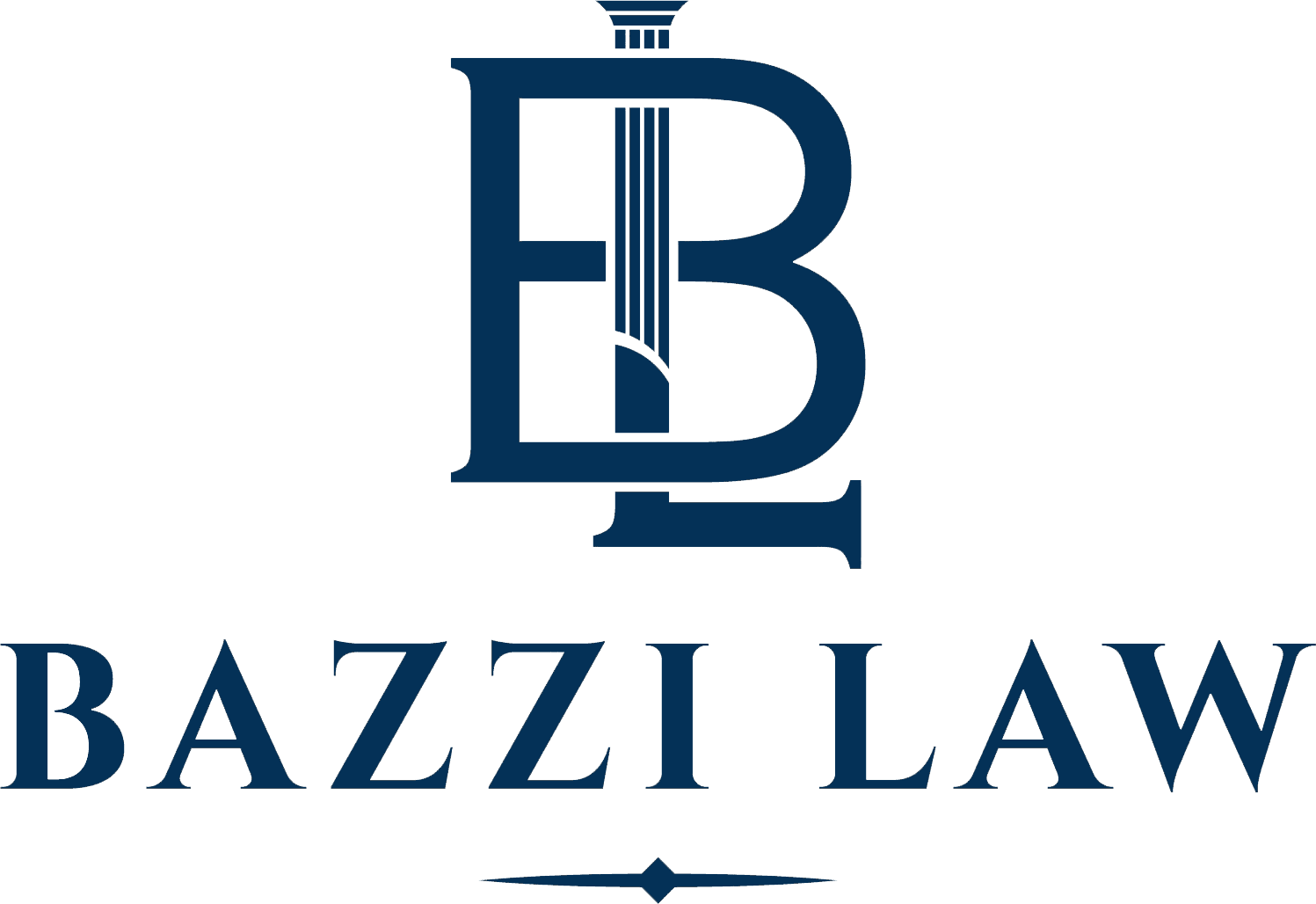Drink Driving
Book Your Free Consultation Now

Drink Driving Offences in Queensland – Penalties, Disqualification Periods, and Interlock Requirements
Drink driving is one of the most common traffic offences in Queensland, but the penalties can be severe, impacting your ability to drive, your record, and your livelihood.
In Queensland, there are several different types of drink driving offences, each with specific penalties and mandatory minimum licence disqualifications. Understanding the law is crucial to avoid these consequences and keep your life on track.
In this guide, we’ll outline the main types of drink driving offences in Queensland, the penalties for each offence, the disqualification periods, and the interlock device requirements for high-risk offenders.
Types of Drink Driving Offences in Queensland
Queensland law recognises five primary types of drink driving offences, each varying by the level of blood alcohol concentration (BAC) and the seriousness of the behaviour involved:
Driving whilst over the no alcohol limit (>0.0% BAC)
This offence applies to drivers who must have zero alcohol in their system while operating a vehicle. It is most common for learner drivers, provisional drivers, or drivers of certain vehicles such as taxis, buses, or trucks.
Maximum penalty: 14 penalty units or 3 months imprisonment
Driving whilst over the general alcohol limit (Low-Range Drink Driving: 0.05 – 0.09% BAC)
Low-range drink driving applies when a driver’s BAC is between 0.05% and 0.09%. This is the most common drink driving offence.
Maximum penalty: 14 penalty units or 3 months imprisonment
Driving whilst over the middle alcohol limit (Mid-Range Drink Driving: 0.10 – 0.149% BAC)
Mid-range drink driving occurs when a driver’s BAC is between 0.10% and 0.149%. The penalties are more severe for this offence as it poses a higher risk to road safety.
Maximum penalty: 20 penalty units or 6 months imprisonment
Driving whilst under the influence of liquor (High-Range Drink Driving: >0.15% BAC)
High-range drink driving is the most serious drink driving offence and occurs when a driver’s BAC is above 0.15%. The penalties for this offence are much harsher, and repeat offenders face even stricter consequences.
Maximum penalty for a first offence: 28 penalty units or 9 months imprisonment
Maximum penalty for a second or subsequent offence: 60 penalty units or 18 months imprisonment
Failing to provide a sample as directed
It is an offence to refuse to provide a breath or blood sample when directed by the police. This offence is treated seriously as it undermines the law enforcement process.
Maximum penalty: 40 penalty units or 6 months imprisonment
Mandatory Minimum Disqualification Periods for Drink Driving
In addition to fines and potential imprisonment, each drink driving offence in Queensland carries a mandatory minimum disqualification period for your driver’s licence. The length of the disqualification depends on several factors, including your BAC level, whether it’s a first or repeat offence, and any aggravating circumstances.
Over the No Alcohol Limit: The minimum disqualification period is 1 month.
Low-Range Drink Driving: The minimum disqualification period is 1 month.
Mid-Range Drink Driving: The minimum disqualification period is 3 months.
High-Range Drink Driving: The minimum disqualification period is 6 months for a first offence and up to 2 years for subsequent offences.
Failing to Provide a Sample: The minimum disqualification period is 6 months.
Repeat offences will increase the mandatory disqualification period, and penalties can vary based on specific circumstances such as prior convictions, the level of intoxication, and whether other traffic laws were broken at the time.
Understanding “In Charge” Offences
Importantly, you don’t have to be driving to be charged with a drink driving offence. Police can charge you if you were:
Driving a motor vehicle (or tram, train, or vessel);
Attempting to start or put in motion a vehicle; or
“In charge” of a vehicle, which can mean being responsible for the vehicle even if it is stationary. For example, being asleep in a car with the keys inside may be enough to warrant a charge.
Additionally, police can request a breath sample from you if they suspect you’ve driven a vehicle within the last three hours, regardless of whether you are currently driving. Refusing to provide a sample can lead to serious charges.
High-Risk Offences and Licence Suspensions
For mid-range or high-range drink driving offences, your licence will be automatically suspended until your court hearing. For low-range drink driving offences, your licence will only be suspended for 24 hours.
If you are convicted of a drink driving offence, the court will disqualify your licence for the mandatory minimum period. Once your disqualification period ends, you must visit the Department of Transport and Main Roads (TMR) to apply for a new licence before you can start driving again.
Interlock Device Requirements for High-Risk Offenders
If you are convicted of a high-risk drink driving offence, or if you are a repeat offender, you will be required to install an alcohol interlock device in your vehicle before you can regain your licence. The interlock device prevents your vehicle from starting if it detects alcohol on your breath. You will also need to participate in the Performance-Based Alcohol Ignition Interlock Program.
Steps to regain your licence after a high-risk offence:
Install an interlock device in your vehicle.
Successfully complete the Performance-Based Interlock Program, which monitors your driving behaviour for a set period.
For more information about the interlock device program and how it works, visit the Queensland Government’s page on alcohol ignition interlocks.
Why You Need Legal Help for a Drink Driving Offence
Facing a drink driving charge can have serious consequences, including licence suspension, fines, and even imprisonment. The law around drink driving is complex, and mandatory penalties can escalate quickly, particularly for repeat offences or high-range charges.
At Bazzi Law, we specialise in traffic law and can help you understand your rights and navigate the legal process. Whether you’re facing a first-time low-range charge or a more serious high-range offence, our team is here to provide expert advice and representation to achieve the best possible outcome for your case.
Contact Bazzi Law for Expert Drink Driving Defence
If you’ve been charged with a drink driving offence, don’t face it alone.
Learn more about our traffic law services
Contact us today to discuss your case and receive expert legal advice.
We can help you minimise the penalties and work toward a more positive resolution.
